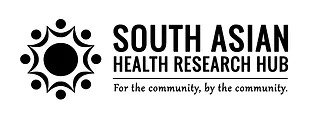Advocating for vaccine Confidence and Trust (ACT) Project in Parc-Extension
Background
During Québec’s first vaccination rollout, Parc-Extension, the neighbourhood with the greatest population density and immigrant population in Montréal and one of the poorest regions in Canada, had a lower proportion of vaccinated individuals compared to the city’s average (19.9% vs 30.8%). However, by August 2021, PE’s first dose vaccination rate surpassed Montreal’s (77.9% vs 74%).
Objective and Results
Our objective is to identify factors that members belonging to an immigrant dense neighbourhood describe as contributing to vaccine decision making.The results of our study are framed using the socio-ecological model. Our results highlighted the importance of the following factors in vaccine decision-making:
Individual: personal beliefs.
Interpersonal: vaccine information from friends and family.
Organizational: community organizations maintaining a relationship with community residents, services being provided in various languages and in a culturally tailored manner.
Structural: lack of governmental support for immigrants and asylum seekers for essential needs, such as healthcare services, contribute to inadequate cultural and language appropriate vaccine information, which impact health outcomes of Parc-Extension residents
This mural is displayed at CLSC Parc-Extension. It is one of the initiatives of the WeCanVax organization. Community youth and mural artist, Diane Roe, worked together to produce this art work, which was inspired by the question, “What does community represent for you?”.

